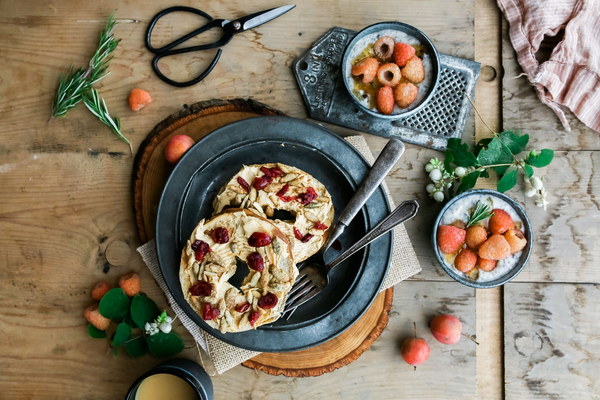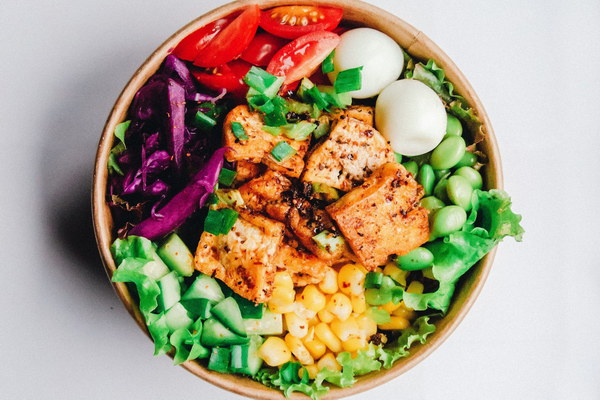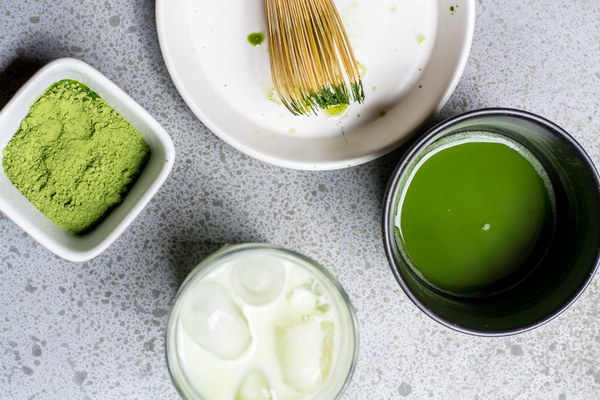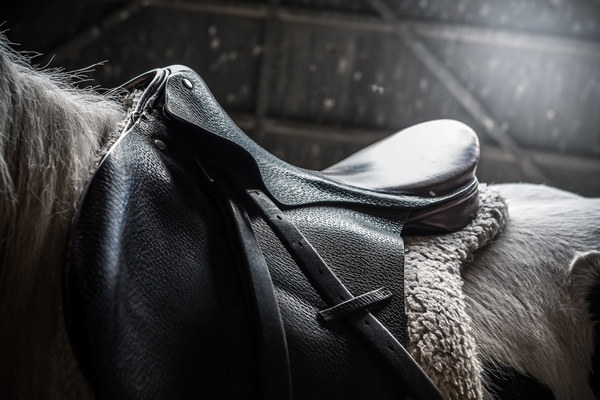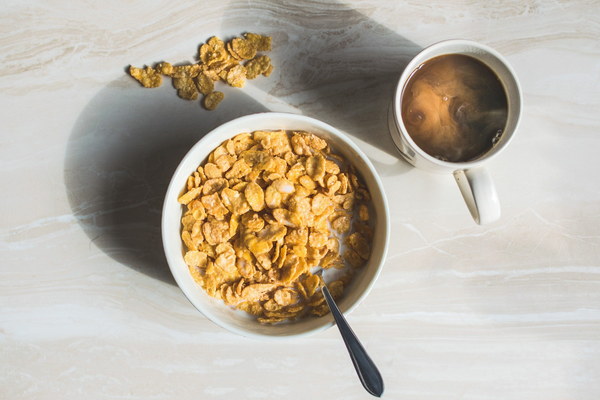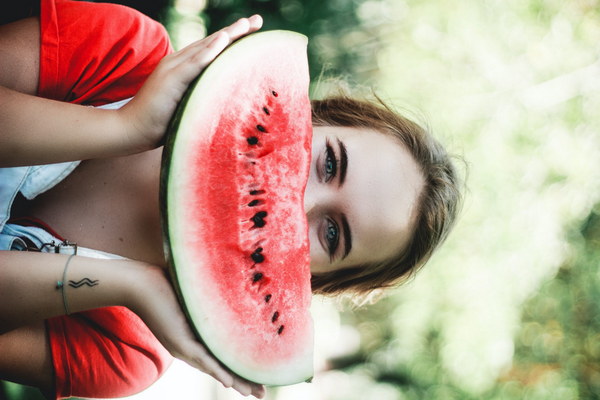The Ultimate Diet for Lung Health What Pigeons Eat for Optimal Breathing
The Ultimate Diet for Lung Health: What Pigeons Eat for Optimal Breathing
In the quest for maintaining respiratory health, we often turn to conventional remedies and medications. However, the key to a healthy lung might just be found in the diet of a seemingly unlikely creature—the pigeon. Pigeons, known for their strong and resilient respiratory systems, have a diet that could potentially offer insights into how we can improve our own lung health. Let's explore what pigeons eat and why it might be beneficial for us to incorporate similar elements into our diets.
Nutritional Powerhouse: Pigeon's Diet
Pigeons have a varied diet that includes seeds, grains, fruits, vegetables, and even insects. This diverse range of nutrients ensures that their respiratory systems are well-equipped to handle the demands of flight. Here are some key components of their diet that are particularly beneficial for lung health:
1. Seeds and Grains: Pigeons consume a significant amount of seeds and grains, which are rich in fiber, vitamins, and minerals. These nutrients help to keep the respiratory tract clean and free from inflammation.
2. Fruits and Vegetables: The inclusion of fruits and vegetables in the pigeon's diet provides a wealth of antioxidants, which are known to combat oxidative stress and reduce the risk of respiratory diseases.
3. Insects: While not as appealing to humans, insects make up a substantial part of the pigeon's diet. Insects are an excellent source of protein and other nutrients that support respiratory health.
Benefits for Humans
Now, let's translate the pigeon's diet into actionable tips for improving human lung health:
1. Incorporate Seeds and Grains: Foods like quinoa, brown rice, and whole grains are great alternatives to refined carbohydrates. They provide essential nutrients that support lung health.
2. Fruits and Vegetables: Aim to consume a variety of fruits and vegetables each day. Berries, leafy greens, and cruciferous vegetables like broccoli and cauliflower are particularly rich in antioxidants.
3. Protein from Insects: While it might take some time for insects to become a staple in the human diet, incorporating protein sources like lean meats, fish, beans, and lentils can offer similar health benefits.
4. Stay Hydrated: Pigeons also consume a significant amount of water, which is crucial for maintaining lung function. Drinking plenty of fluids throughout the day can help keep the respiratory system healthy.
Mindful Eating for Lung Health
In addition to adjusting our diets, it's important to be mindful of how we eat. Here are a few tips to help you make the most of your lung-healthy diet:
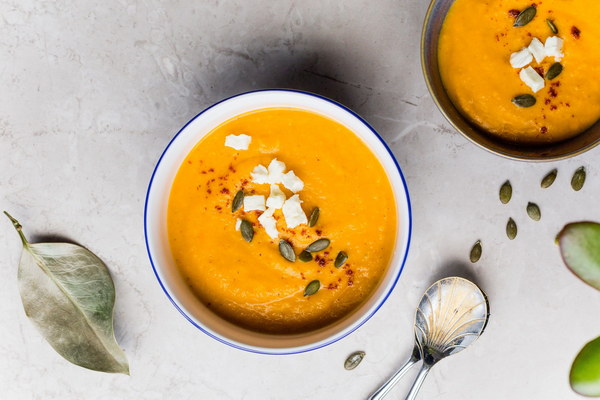
- Eat Seasonal and Fresh: Fresh produce is rich in nutrients and antioxidants, which are more effective when consumed in their natural state.
- Prepare Foods at Home: Cooking your own meals allows you to control the ingredients and reduce the risk of consuming harmful additives or preservatives.
- Enjoy a Balanced Diet: A diet that includes a variety of nutrients is more likely to support overall health, including lung health.
By emulating the dietary habits of pigeons, we can take a significant step towards improving our lung health. While we may not be able to eat insects or fly like birds, we can certainly incorporate a diverse range of nutrient-rich foods into our daily meals. Remember, the key to a healthy respiratory system lies in a balanced diet that supports the body's natural defenses against respiratory diseases.

